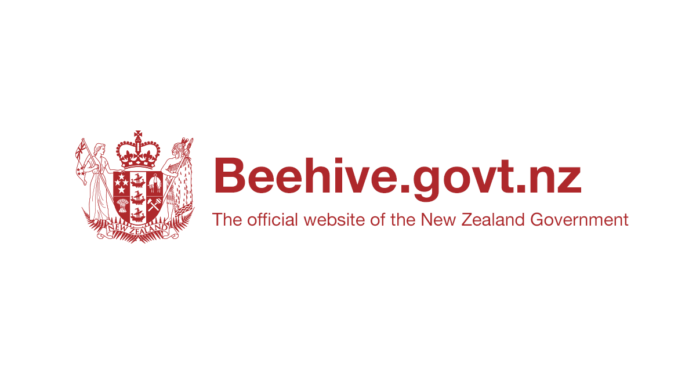Source: New Zealand Government
The Government is considering recommendations to help the seafood sector move away from a reliance on migrant labour, Minister for Oceans and Fisheries David Parker said.
“The seafood sector brings valuable export revenue into New Zealand and is a source of jobs and security for thousands of people. It has long employed migrant workers, especially at sea, to help it realise that potential,’’ David Parker said.
The independent Ministerial inquiry, which started mid-year, took stock of the current state of the sector’s workforce to determine how Government could help.
“The core recommendation is to cap the number of migrant workers allowed to work in the sector while improving the certainty and predictability of migrant flows,” David Parker said.
It recommends a seafood sector visa for foreign crew and onshore workers that would be issued on the basis that the workers are employed on the same or better conditions than locals engaged in comparable roles.
“I encourage anyone with an interest in the matter to read the inquiry’s report https://www.mpi.govt.nz/legal/legislation-standards-and-reviews/ministerial-inquiry-into-new-zealands-seafood-workforce It’s important that we work together to innovate and develop fresh ideas to help ensure our fisheries are sustainable and provide high-value food and exports into the future.
“I’d like to thank the authors of the report and those in the industry who took part for their contribution. The Government will consider its response to the report’s 11 recommendations.”
It is estimated the peak number of migrant workers in the sector in the year ending March 2019 was about 2,460 (20 per cent) although there are likely to be fewer now.
“Covid has highlighted the need to build the industry’s resilience. We cannot assume the industry will be safe from any future disruptions and that’s why this work is important,” David Parker said.
“We want to see industries, including fisheries, investing capital in productivity-enhancing plant and machinery, or employing and upskilling New Zealanders into work, rather than relying on lower-skilled labour and suppressing wages.”
In the meantime, as the industry prepares to transition to a reduced reliance on foreign workforce, it continues to require some workers from overseas.
Earlier this year the Government approved a class border exception for 615 deep sea fishing crew from September.
Cabinet has approved up to 450 for entry between April and May 2022 and up to 615 for entry between September and October 2022.
This will enable vital crew changeovers and help ensure $380m in exports can continue.



